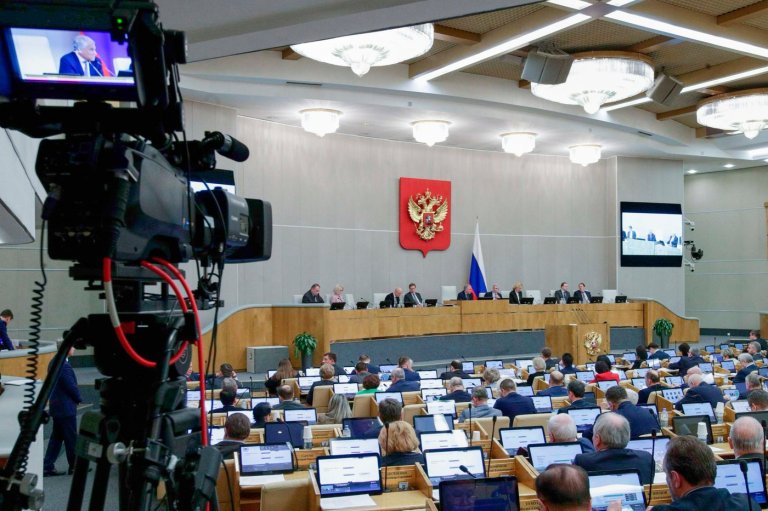Council of Europe defends human rights court against criticism over expulsions
ROME (AP) — The Council of Europe on Saturday defended the independence of the European Court of Human Rights, after nine member states said its interpretation of rights obligations prevented them from expelling migrants who commit crimes.
The leaders of Denmark, Italy, Austria, Belgium, Czechia, Estonia, Latvia, Lithuania and Poland in a joint letter made public Thursday called for a “new and open-minded conversation” about how the court interprets the European Convention on Human Rights.
“Their concern centres on rulings in the field of migration,” Council of Europe Secretary-General Alain Berset said in a statement. “These are complex challenges, and democracies must always remain open to reflection through the appropriate institutional avenues.”
However, Berset stressed that the European Court of Human Rights “is not an external body” but the legal arm of the Council of Europe, and is “bound by a Convention that all 46 members have freely signed and ratified.”
“It exists to protect the rights and values they committed to defend,” he said. “Upholding the independence and impartiality of the Court is our bedrock.”
He warned against politicizing the court.
The nine European leaders said the court’s interpretation of the convention in cases concerning the expulsion of “criminal foreign nationals” has protected the “wrong people” and placed too many limits on deciding who can be expelled.
The Council of Europe is not an EU institution and was set up in the wake of the Second World War to promote peace and democracy.
___
Follow AP’s global migration coverage at https://apnews.com/hub/migration
Join the Conversation!
Want to share your thoughts, add context, or connect with others in your community?
You must be logged in to post a comment.

















